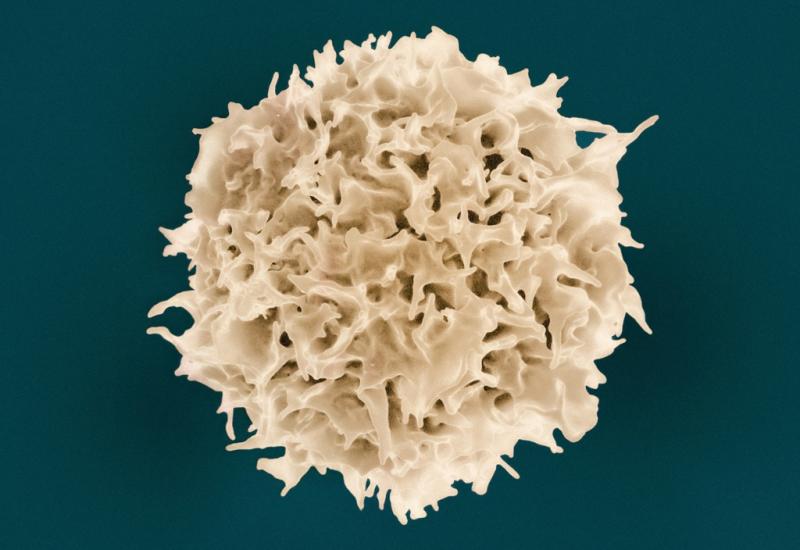
PMV hopes for rezatapopt redemption
The disappointing Pynnacle trial is set to yield registrational data.
The disappointing Pynnacle trial is set to yield registrational data.

The micro-cap biotech PMV Pharma is drinking in last-chance saloon, and its high-risk shot at redemption is approaching fast. Results from the registrational part of the Pynnacle trial of its lead project, the p53 "reactivator" rezatapopt, are due imminently.
There are numerous reasons to be sceptical, the foremost of which is that p53 continues to be a most intractable target, and rezatapopt has already disappointed in early cuts of phase 1 data from Pynnacle. With PMV out of favour with the markets, languishing 80% below where its stock stood in 2023, the catalyst is probably not for the faint of heart.
Certainly this represents a high-risk investment thesis. 2023 predates the first Pynnacle disappointment, where rezatapopt showed no activity in KRAS-mutated tumours, along with dose-limiting toxicities at around the 2g daily dose that was then taken into the registrational phase 2 part.
This is what prompted investors to take flight, even though eliminating KRAS mutants cut only a small part of rezatapopt's addressable market. The headline number at the time stood at a 34% ORR among 38 KRAS wild-type patients, including in ovarian and breast cancers, and no responses in 15 KRAS-positive tumours; these all concerned 1.15g daily to 1.5g twice-daily doses.
Tumour-agnostic?
The key for PMV is that it hopes rezatapopt can secure approval in a tumour-agnostic population defined by the p53 Y220C mutation and KRAS wild-type status alone. It seems that anything less just won't amount to a big enough market.
Still, the company is first gunning for a result in platinum-resistant ovarian cancer that might be confirmed with subsequent Pynnacle data, something that it hopes will be followed by a green light in the biomarker-defined setting at some later point.
It has guided to mid-year Pynnacle data from around 50 patients, including 20 with ovarian cancer. It wants to see at least a 30% ORR in the latter group, a result that would numerically beat the 12% of current standard of care.
On the face of it this seems achievable: the early Pynnacle result showed seven of 15 KRAS wild-type ovarian cancer patients responding to 1.15-1.5g. However, there was little to go on for the 2g daily dose, where just five ovarian cancer patients were evaluable, and two responded.
And raised levels of liver enzymes were the commonest grade 3 treatment-emergent adverse event among patients given 1.15-1.5g. Earlier, data at ASCO 2022 yielded two dose-limiting toxicities at 1.5g twice daily: one grade 3 AST/ALT increase and one grade 3 acute kidney injury.
It's also a relevant question whether a 30% ORR in ovarian cancer alone will cut it with investors. Evercore ISI's Jonathan Miller reckons PMV also needs to show some efficacy to support a rapid path to market in another one or two tumours – something that would be needed to back a tumour-agnostic label, and perhaps justify buy-in from a partner.
The best chance of seeing activity beyond ovarian appears to be in breast cancer, where 2mg yielded two responses among three patients treated. When Pynnacle began it also included cohorts combining rezatapopt with Keytruda, but these were discontinued last year.
Wild-type p53
Rezatapopt targets mutated p53, aiming to restore the protein's wild-type activity and allow it to function as normal to maintain DNA stability and prevent tumour formation.
This is one of two ways biopharma has tried to hit p53, the other being by inhibiting MDM2, a negative regulator that promotes p53 degradation. However, Boehringer, Novartis, Roche, Sanofi and others have all discontinued MDM2 inhibitors.
In p53 reactivation there are a few other clinical players beyond PMV, including two Chinese entrants: GeneScience, which advanced GenSci128 into phase 1 in April, and Nutshell Therapeutics, which has just revealed plans to take NTS071 into phase 1 in August.
p53 "reactivators" in development
| Project | Company | Status |
|---|---|---|
| Rezatapopt | PMV Pharma | Ph1/2 Pynnacle trial, in TP53 Y220C-mutated solid tumours, due to yield registrational ph2 data in mid-2025 |
| JAB-30355 | Jacobio | Ph1/2 trial, in TP53 Y220C-mutated solid tumours, began in mid-2024 |
| GenSci128 | GeneScience | Ph1 trial, in TP53 Y220C-mutated solid tumours, began in Apr 2025 |
| NTS071 | Nutshell Therapeutics | Ph1/2 trial, in TP53 Y220C-mutated solid tumours, begins in Aug 2025 |
| FMC-220 | Frontier Medicines | Preclinical, poster at AACR 2025 |
Source: OncologyPipeline.
1945













